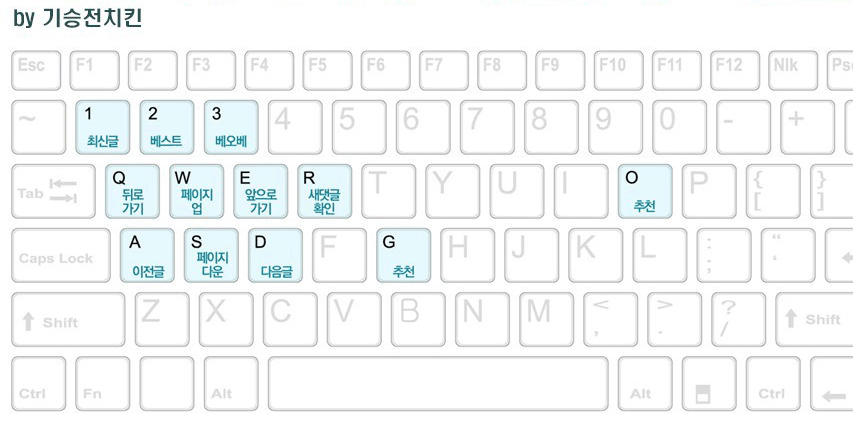원래 한국의 표기법은
외국에 고려 부터 알려져서 고려 -> Corea 로 알려 졌습니다.
그런데 일제시대에 japan 보다 Corea 가 앞선다는 이유로
korea 로 되었습니다. 외국 어순상 C 가 j 보다 아주 앞이기 때문입니다
아주 사소 하지만 Corea 가 korea 보다 발음상도 편하고 우선 순위도 높습니다.
외국에 수출 할경우에도 Corea 가 k 보다 훨씬 상위 입니다.
더욱이 외국인들도 Corea 로 규정하였으나 일본에 의해 철자가 K 로 되었습니다.
제발 기본 부터 바뀌었으면 좋겠습니다.!!!
아래는 외국인이 생각하는 Korea or Corea 입니다.
Korea or Corea ;http://goldsea.com/Air/Issues/Corea/corea.html 참고
We GoldSea choose to honor the more natural rendering commonly used in the English-speaking world prior to the Japanese annexation and colonialization of Corea beginning in 1905.
American and English books published during the latter half of the 19th century generally referred to the nation as "Corea" as recently as the years immediately preceding Japan's formal annexation of Corea in 1910. An 1851 map of East Asia by Englishman John Tallis labels the nation Corea. The same spelling is used in The Mongols, a 1908 history of the Mongol race by Jeremiah Curtin, the world's foremost Asia scholar of the day, as well as in several books by American missionaries published between 1887 and 1905.
Japan's annexation of Corea didn't become formal until 1910, but for all practical purposes Japan had become the power that regulated Corea's relations with the outside world in 1897 when it defeated China in a war over Japan's ambition to exercise control over Corea. The only other power willing to contest Japan's supremacy in the Corean peninsula was Russia. When it was easily defeated by Japan at Port Arthur in 1905, the annexation of Corea became a fait accompli. Anxious to avoid a costly Pacific conflict, President Wilson ignored the pleas of a delegation of Corean patriots and their American missionary supporters and turned a blind eye to Japan's acts of formal annexation and colonization of Corea. During that period Japan mounted a campaign to push for the "Korea" useage by the American press. Why? For one of Japan's prospective colonies to precede its master in the alphabetical lineup of nations would be unseemly, Japanese imperialists decided.
Japan's colonial rule over Corea ended on August 15, 1945 when it lost World War II. Now that Corea is eagerly shedding the last vestiges of the colonial period, even demolishing public buildings erected by the Japanese (for example, the monstrously immense colonial governor's mansion), forward-thinking Corean and Corean American journalists, intellectuals and scholars are urging the American media to revert to the original, more natural rendering of Corea.
The changeover will pose a problem only in English-speaking nations as other western nations never accepted the "K" spelling. For example, France, Spain, Italy, Brazil, Argentina and Mexico, among many others, use the "C" rendering.
English convention, too, is on the side of the Corea rendering. Non-European names are romanized with a "C" (Cambodia, Canada, cocoa, Comanche, Congo, and even old Canton, for example) except where the first letter is followed by an "e" or an "i", (as in Kenya). Other than that, the "K" spelling is used only in connoting childlike ignorance of spelling conventions ("Kitty Kat" and "Skool", for examples).
Therefore, the American "K" spelling is
offensive from a historical standpoint (remember "Peking" and "Canton"?);
violates western rendering conventions;
suggests a lack of sophistication toward Corea; and
by connoting naivete, imputes a lack of sophistication to Corea and its people.
The Corea rendering will ultimately become universal when more Americans are educate
------------------------------------------------------------
무언가를 꿈꾸길 원한다면 늘 1%씩 자신을 위해 투자하세요.
------------------------------------------------------------
오픈 소스 프로젝트 - Linux, Windows A.P.M 자동 설치 프로그램
------------------------------------------------------------
댓글 분란 또는 분쟁 때문에 전체 댓글이 블라인드 처리되었습니다.















